Juicing is one of the easiest and most delicious ways to consume various fruits and boost your nutrient intake. However, not all fruits should be juiced together.
Certain fruits digest at different rates, contain incompatible enzymes, or have chemical properties that clash when mixed.
For example, pairing citrus fruits with dairy can lead to curdling and stomach discomfort, while combining bananas with high-water fruits like melons can cause bloating and fermentation in the stomach.
Why should we avoid some fruit combinations
1. Nutrient Absorption Issues
Some fruits contain compounds that can interfere with the absorption of nutrients. For example, citrus fruits like oranges and grapefruits are high in vitamin C, which can block the absorption of certain minerals like calcium when mixed with dairy-based products.
2. Digestive problems
Certain fruit combinations can cause fermentation in the stomach, leading to bloating, gas, and discomfort. Fruits like bananas and melons digest at different rates, so when combined, they may remain in the stomach too long, causing fermentation.
3. Blood Sugar Spikes
Mixing high-sugar fruits like bananas, grapes, and mangoes in one juice can rapidly increase blood sugar levels. This can cause an energy crash and may not be suitable for people with diabetes.
What Fruits Should Not Be Juiced Together
Certain combinations can lead to digestive discomfort, reduced nutrient absorption, or even adverse health effects. And before juicing, proper preparation is essential to ensure the best taste, maximum nutrition, and food safety.
Let us explore what fruits should not be juiced together, and the scientific reasons behind incompatible pairings.
1. Apple and Orange
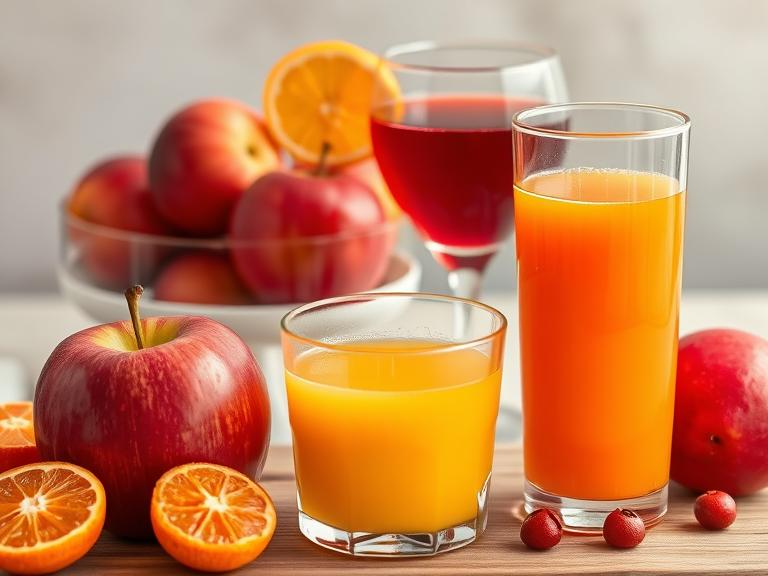
Oranges are quite acidic, whereas apples are only slightly acidic. Their combined acidity can cause bloating or acid reflux, and stomach discomfort when juiced. To improve digestion, it is advisable to eat them separately.
Also read: Acidity / Acid Reflux : How to Manage And Avoid
2. Watermelon and Bananas
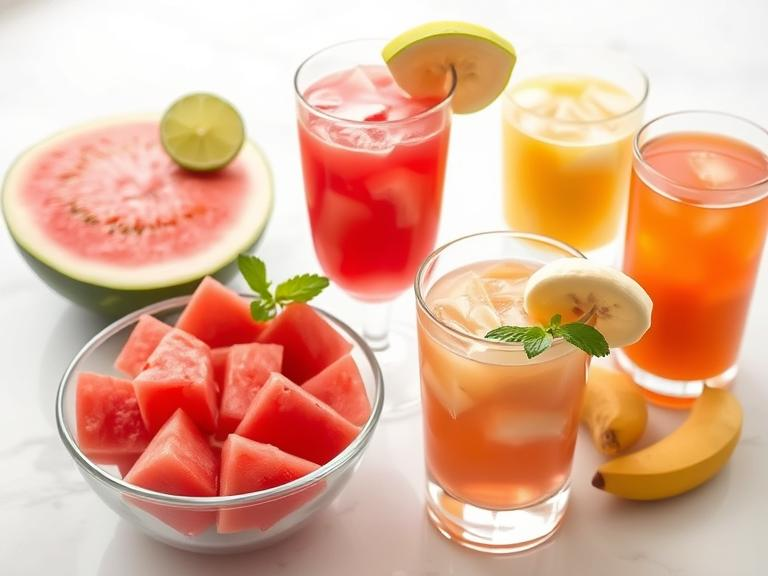
Watermelon is made up of over 90% water and digests very quickly. Bananas are starchy and take longer to digest.
When combined, the slow-digesting banana and the fast-digesting watermelon may ferment in the stomach, resulting in pain, gas, and bloating. Additionally, this combo may cause digestive issues and fatigue.
3. Strawberries and Grapes
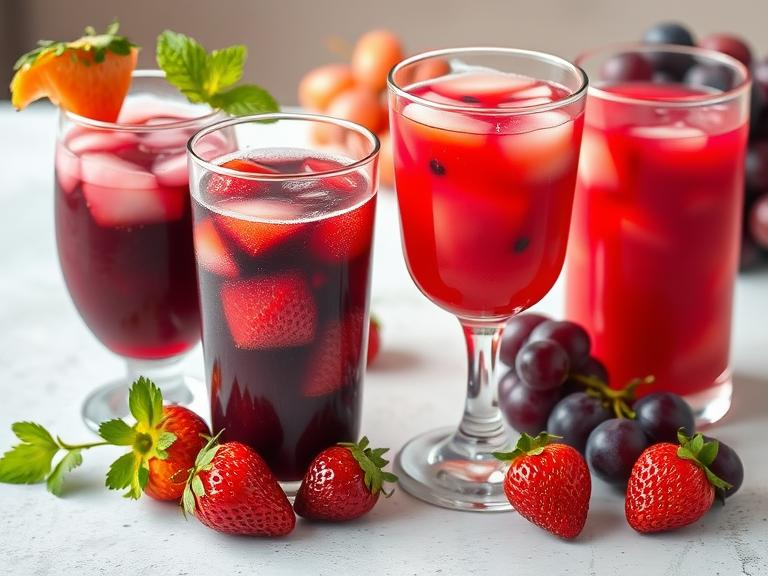
Vitamin C is abundant in strawberries, which have a slight acidity. Grapes have a high natural sugar content and have a rapid stomach fermentation rate. When combined, their sugar and acidity might cause gas, bloating, or upset stomach, especially in people with sensitive digestion.
To improve digestion and balance the flavors, try adding water or a neutral fruit, like an apple, if you like them together.
4. Papaya and Lemon
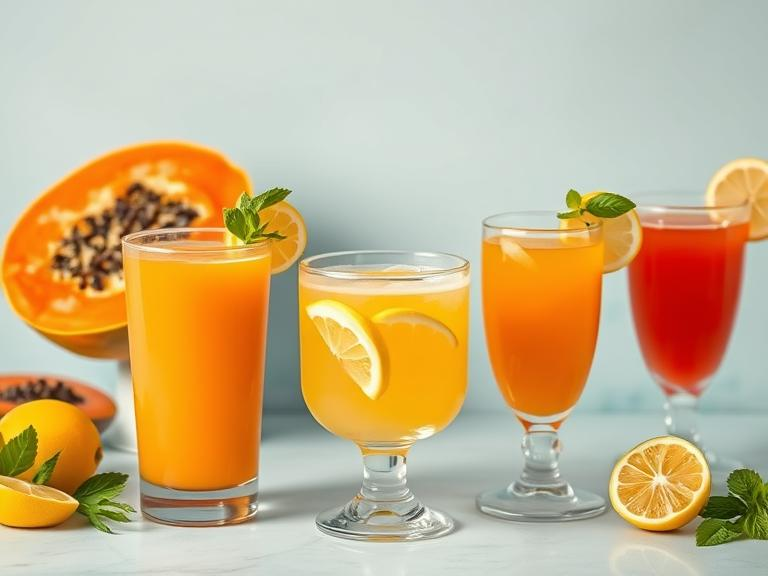
Papain, a naturally occurring enzyme in papaya, helps with digestion. Due to its strong acidity, lemon can disrupt papaya’s enzyme function. When combined, lemon’s acidity might cause bloating, nausea, or stomach pain by interfering with papaya’s digestion.
An imbalance in stomach acid may also result from this combination. Papaya and lemon should be consumed separately to prevent this problem.
5. Carrot and Orange
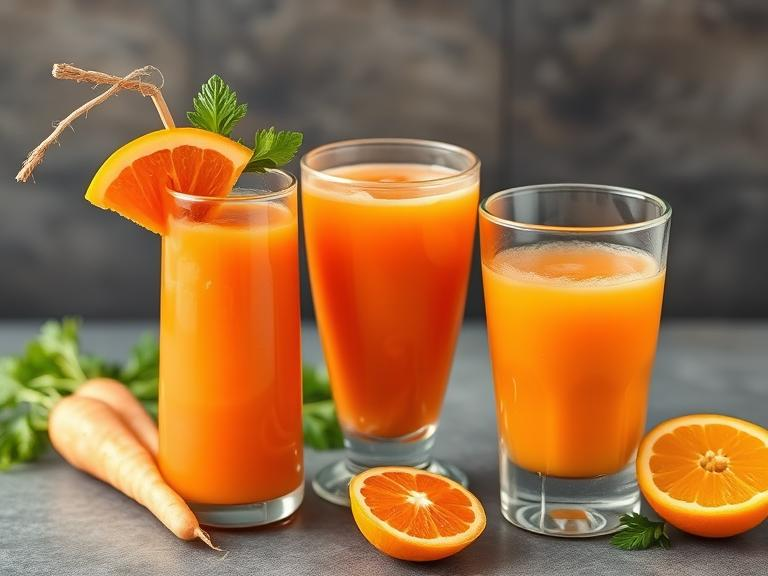
Certain substances found in carrots may hinder the absorption of vitamin C from oranges.
Carrots’ natural chemicals may react with oranges’ strong acidity, producing too much bile and perhaps causing heartburn.
Renal strain may also result from frequent consumption of this juice combo. They should be consumed individually for optimal nutrient absorption and digestion.
6. Mango and Pineapple
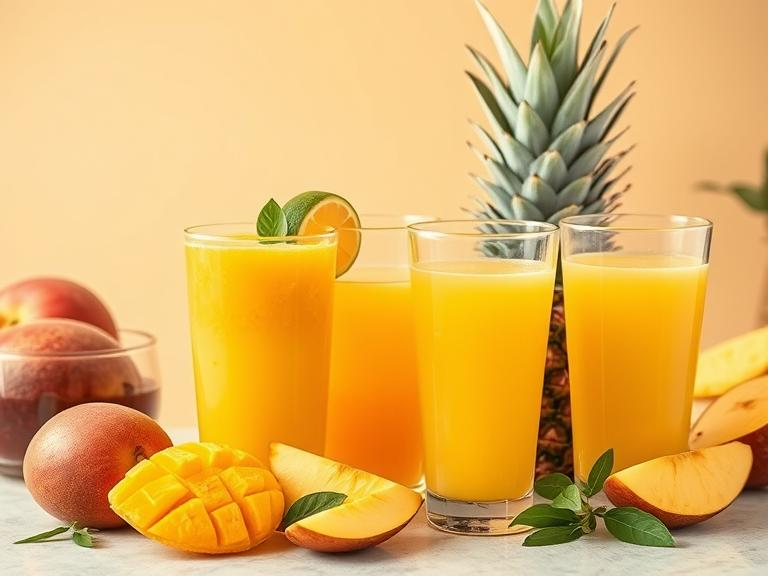
When combined with acidic fruits like pineapple, the natural sugars, and fiber-rich mango can occasionally cause bloating.
This combination may produce minor discomfort, bloating, or acidity in people with sensitive stomachs. If you like them both, you could balance the acidity by adding a neutral element, such as coconut water
7. Guava and Bananas
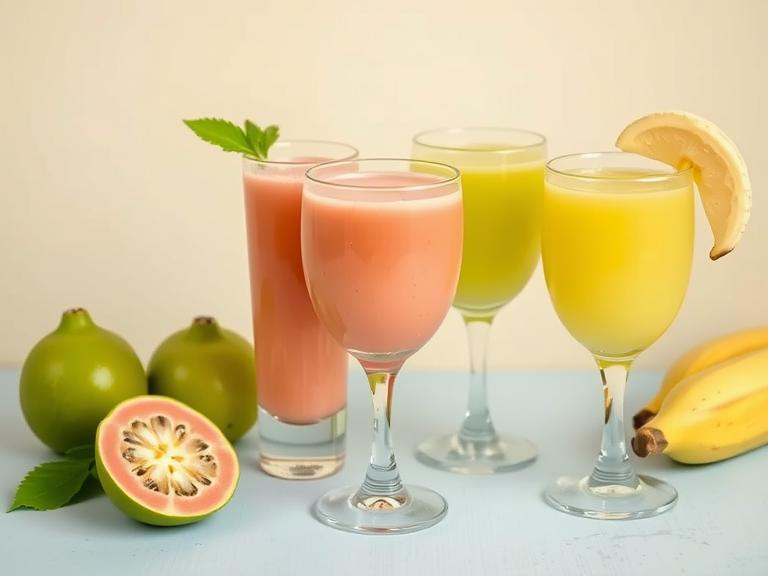
Guava is rich in fiber and slightly acidic but the Bananas are starchy and digested slowly. This combination has the potential to slow down digestion, resulting in gas, bloating, and even stomach pain. Additionally, it may raise the risk of nausea and acidity.
It is advisable to eat the banana and guava separately to prevent gastric problems.
8. Bananas and Orange
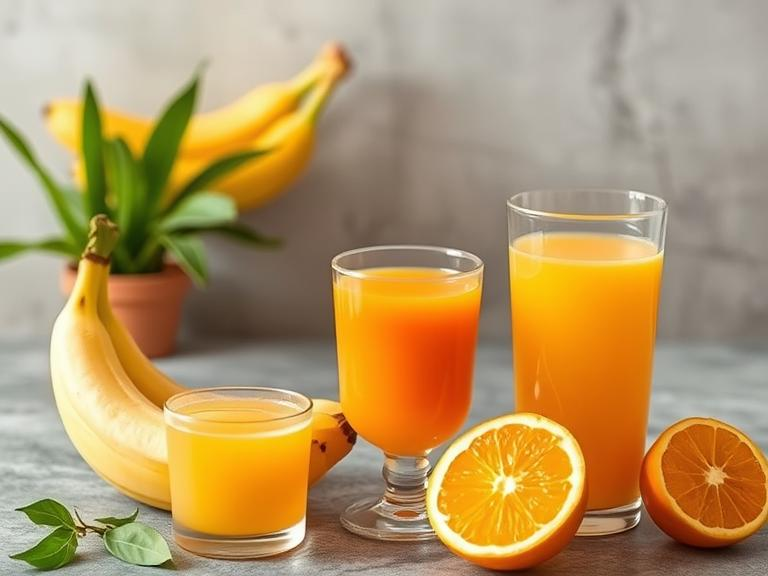
Bananas are starchy and digested slowly, while Oranges are highly acidic and digest quickly. When mixed, the orange’s acidity can cause the banana to curdle in the stomach, resulting in discomfort, bloating, and poor digestion.
Heaviness or nausea may also result from this combo. They are best enjoyed separately for easier digestion.
Also explore: Tasty Fruits Of High Nutritional Value
Final Words
Juicing is a fantastic way to get essential nutrients, but the right fruit combinations matter. Some fruits don’t mix and can lead to bloating, nutrient loss, or digestive discomfort. Avoid citrus with dairy, banana with high-water fruits, and watermelon with other fruits to keep your juices healthy and beneficial.
For the best juicing experience, stick to compatible fruit pairings and always enjoy fresh juice for maximum nutrition!
Check: Is too much fruits bad for you
Check: fhj



